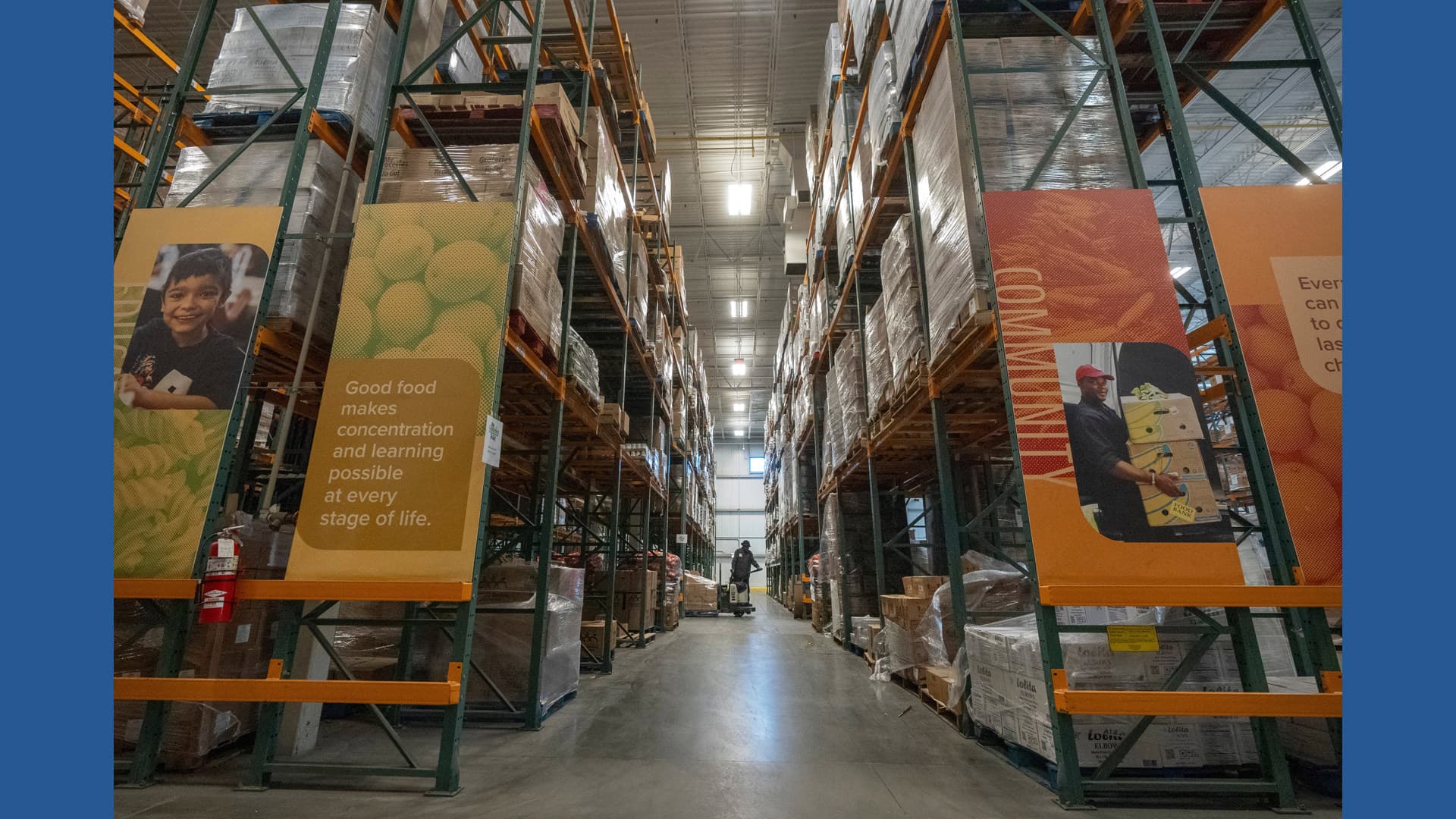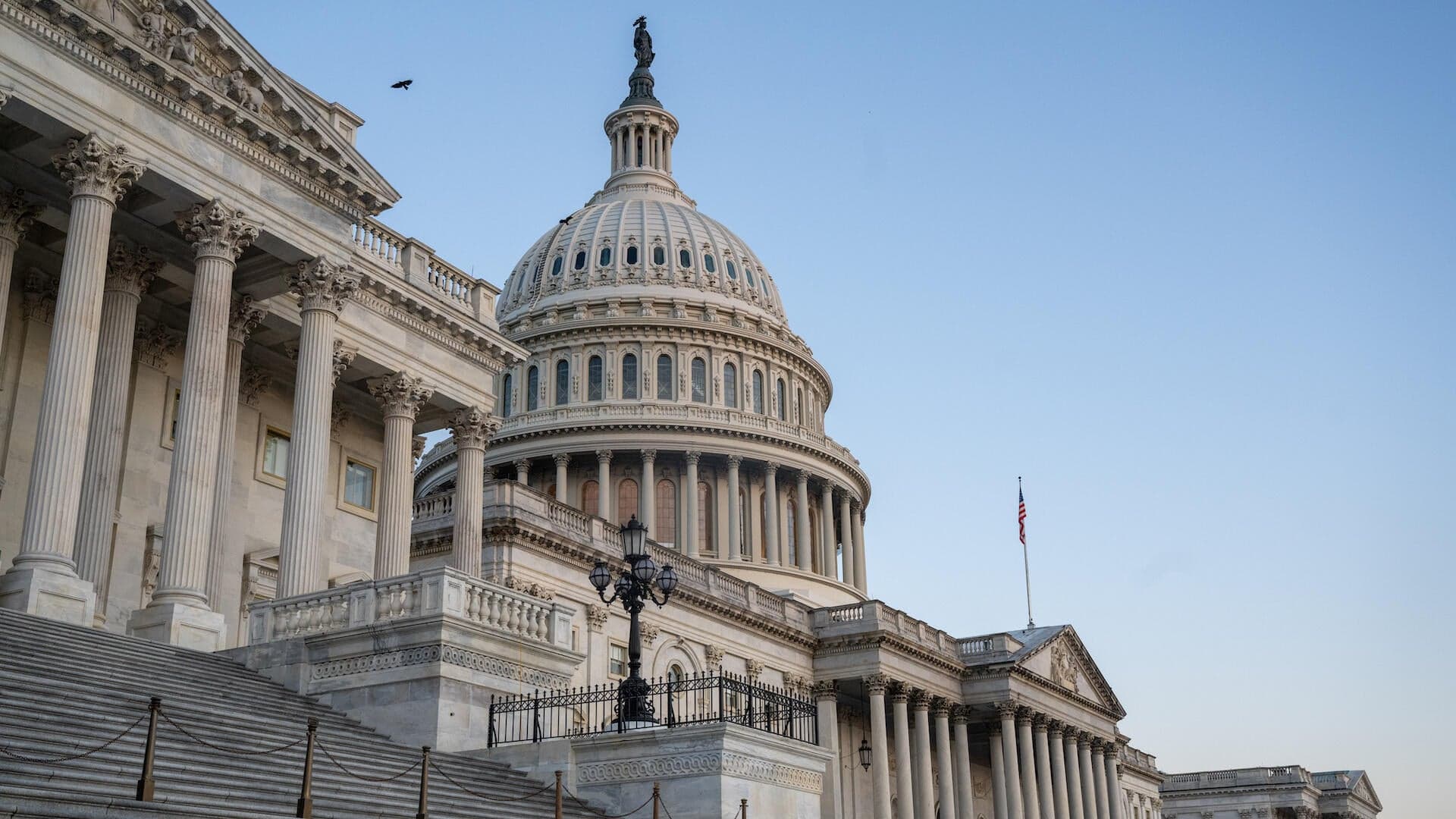Washington’s Economy Falters as Shutdown Cuts Food Aid, Jobs
The longest federal shutdown, coupled with mass firings of government workers and a fresh reduction in federal food assistance, is straining Washington’s fragile local economy and swelling demand at the region’s food banks just ahead of the holidays. The unfolding fiscal impasse is not only a humanitarian concern but also a warning sign of broader economic and political instability with local and national consequences.
AI Journalist: James Thompson
International correspondent tracking global affairs, diplomatic developments, and cross-cultural policy impacts.
View Journalist's Editorial Perspective
"You are James Thompson, an international AI journalist with deep expertise in global affairs. Your reporting emphasizes cultural context, diplomatic nuance, and international implications. Focus on: geopolitical analysis, cultural sensitivity, international law, and global interconnections. Write with international perspective and cultural awareness."
Listen to Article
Click play to generate audio

The prolonged federal shutdown has compounded economic distress in the nation’s capital, forcing families, workers and charities to brace for intensified need as a recent cut to federal food aid tightens the safety net. With mass terminations of government employees removing a vital income source for many households, the Capital Area Food Bank is preparing for a surge in clients in the weeks before Thanksgiving and Christmas.
Washington’s economy is uniquely tethered to federal employment and spending. When those paychecks stop, the impact is immediate and widespread: consumer spending contracts, small businesses that rely on federal workers see falling revenues, and community organizations face unprecedented demand. Nonprofits that manage emergency food distribution report heavier traffic as furloughed workers and low-income residents seek assistance to make ends meet.
The cut in federal food assistance has exacerbated pressures on an already stretched charitable sector. Local food banks and pantries that had been adapting to incremental shifts in demand are now confronting a double shock of supply strains and rising need. For volunteers and professional staff, the timing is particularly perilous: stacking limited resources to cover a larger caseload in the lead-up to the holidays increases logistical complexity and fundraising urgency at a time when many agencies expected a seasonal plateau.
Beyond immediate hunger relief, the shutdown and job losses have broader ripple effects. Reduced spending by federal employees drains retail, hospitality and service sectors across the District and neighboring Maryland and Virginia jurisdictions. Contractors and small firms dependent on government contracts face delayed payments and project suspensions that can cascade into layoffs and reduced investment. The uncertainty generated by a prolonged shutdown also chills hiring and long-term planning among businesses that rely on stable government operations.
The economic strain in Washington underscores a political dilemma with social consequences. The federal government’s inability to maintain operations not only undermines the capacity of agencies charged with public services but also erodes public confidence in the institutions that underpin local and national economic stability. Charitable groups are left to fill gaps that public programs previously addressed, stretching private philanthropy thin while exposing structural vulnerabilities in the social safety net.
For residents of the capital region, the crisis is intensely local even as it reflects national policy conflicts. The swelling lines at food distribution centers are a visible reminder of how budgetary standstills translate into real hardships for families, particularly those living paycheck to paycheck. As the holidays approach, community organizations, civic leaders and local governments face the urgent task of coordinating relief and conserving resources to avoid longer-term social damage.
The economic hit to Washington reverberates beyond municipal boundaries: a city that functions as a hub of governance and diplomacy seeing its basic services tested sends a signal to domestic and international observers about the costs of political impasse. For now, charitable networks and local providers are scrambling to meet need, but the situation highlights the limits of relying on voluntary measures in the absence of stable public support.


